ProForm Foods launch MEET plant-based protein meat replacement
The government is funding it and it’s already in restaurants and cafes, but manufacturers still need to convince people to eat it.
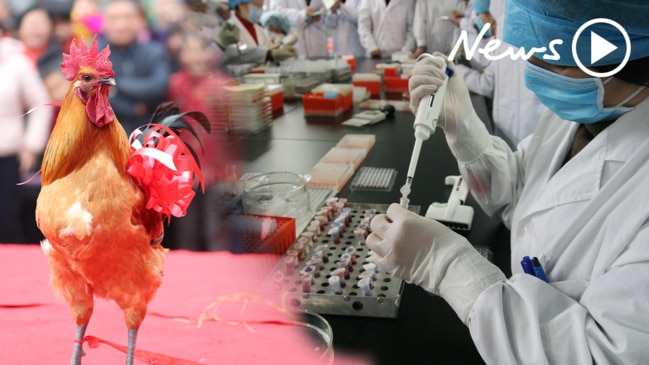
A rapidly growing team are producing the food of the future inside of a factory in the outer northern suburbs of Sydney and they think they’ve solved one of the biggest problems facing their surging industry.
ProForm Foods, founded by Vogel’s Cereal entrepreneur Stephen Dunn and led now by his triple Olympian son Matthew, is launching its new plant-based meat product MEET.
On Thursday, the ribbon was cut at its new 1600 sq metre plant at Mount Kurring-gai, capable of producing 5000 tons of the stuff a year.
RELATED: Human steak ‘not technically’ cannibalism
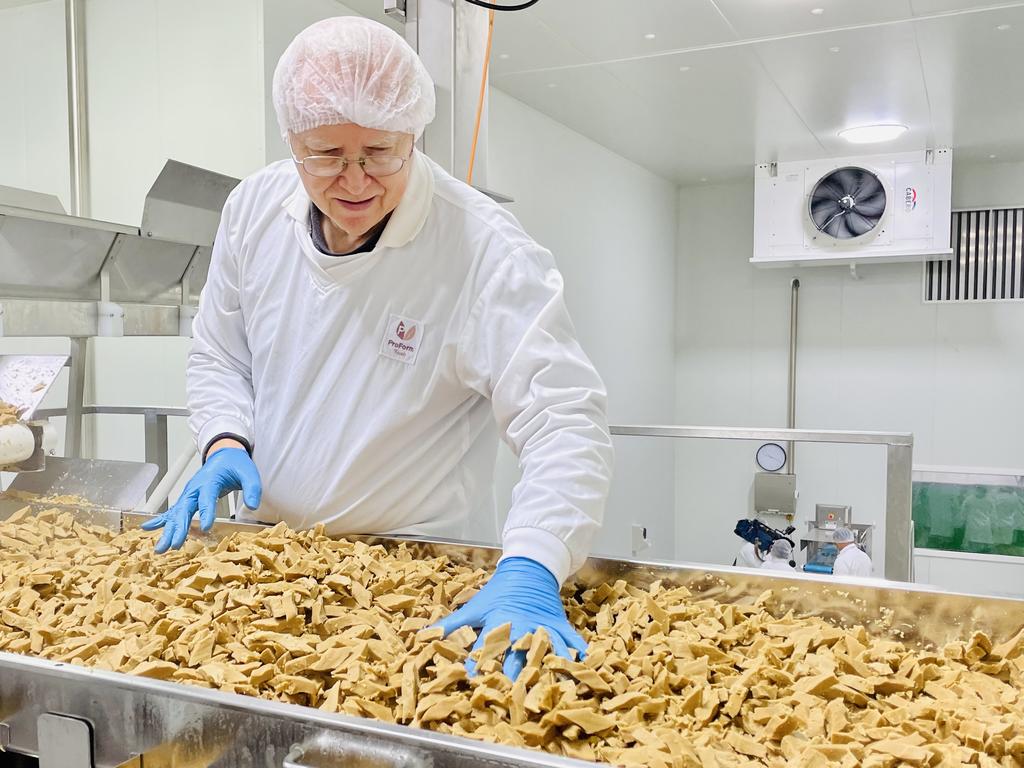

RELATED: ‘Crazy’ ingredient making $180m
Plant-based protein products that imitate meat from animals aren’t exactly new: Once something starts being sold at McDonald’s it’s safe to say it’s gone mainstream.
It’s pretty likely you’ve already tried some form of plant-based protein already and it’s likely you didn’t enjoy it much either.
“People have ventured into the space and they haven’t been impressed,” ProForm Foods CEO Matthew Dunn told news.com.au.
But he believes his company now has the edge, thanks to patented new technology that more closely mimics the feeling, and particularly the texture of eating meat.
Already you can find it in some IGA and Foodland supermarkets, at cafes and restaurants including the Burger Urge chain, and as a base ingredient in some pre-prepared foods.
MEET is made using a secretive high moisture cooking technique.
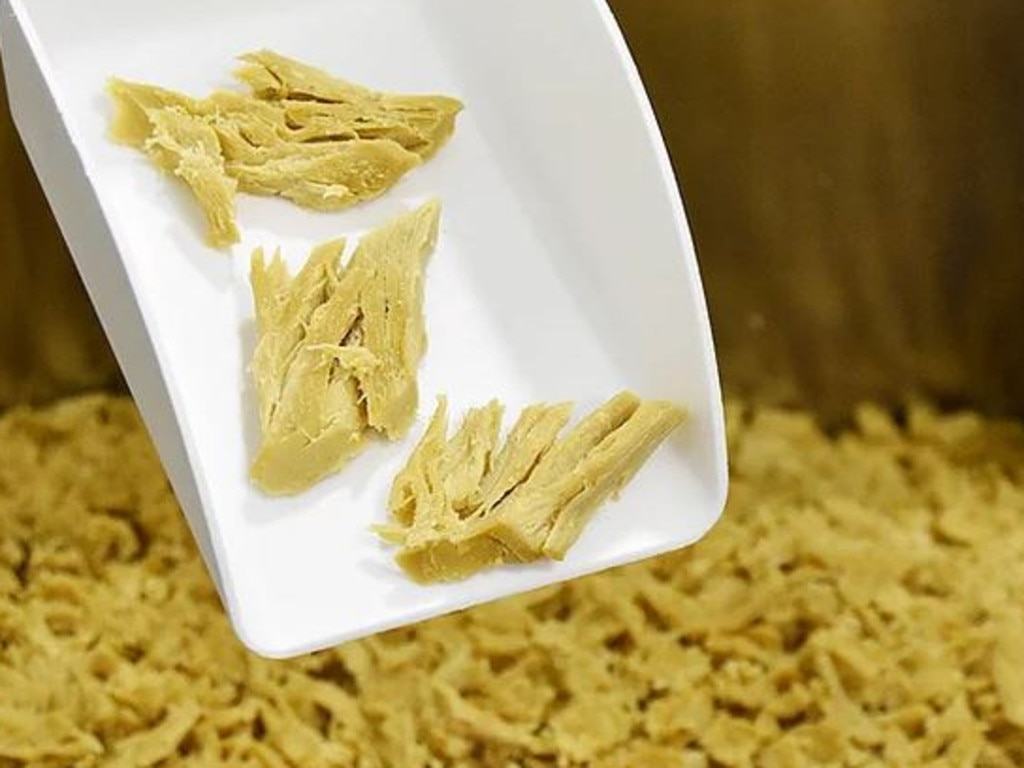
RELATED: KFC plan for lab grown chicken
Plant based proteins are mixed into a dough product and cooked under pressure using temperature management that cools and heats it precisely throughout the process to create muscle like fibres that quite genuinely imitate real meat from animals.
The federal government is already on board and has tipped in support as part of a $1.5 billion plan to boost local manufacturing.
The new factory is a “great example of value-adding to our proud agriculture industry” that can “capitalise on Australia’s reputation for producing safe, premium, high-quality food,” according to Industry, Science and Technology Minister Karen Andrews.
Food and beverage manufacturing is one of six priority areas under the government’s “Modern Manufacturing Strategy”.
The strategy is designed to help manufacturers scale up their business, be more competitive and build “resilient supply chains”.
Mr Dunn said he was “grateful” for support from government that “shared the company’s vision for a plant based protein industry in Australia”.
Ms Andrews noted Proform’s permanent workforce had already risen from five to 25 and Australia’s “distinct advantages” were already creating demand for our food globally.
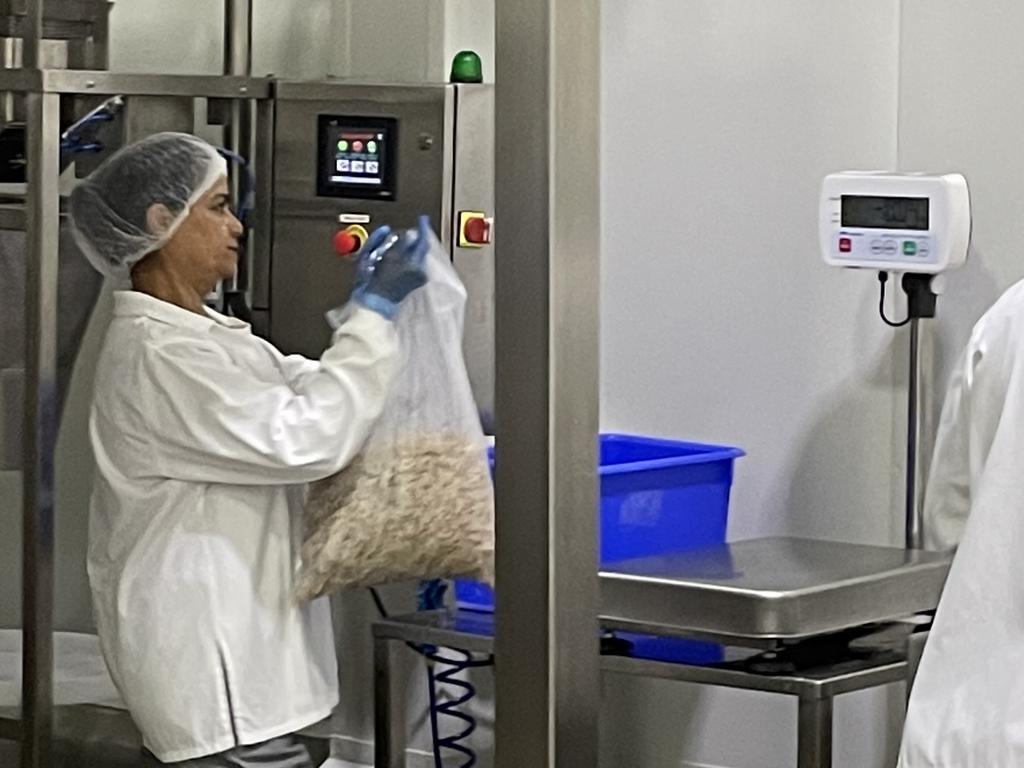
“We are very well regarded internationally producing food that is of inherent high quality,” Ms Andrews said.
She also credited Proform’s progress in export markets that “can’t produce enough product for its own consumption” like Singapore and Hong Kong.
Proform’s plan is to eventually use 100 per cent Australian produce in the manufacturing process (currently around 70 per cent of the raw materials are made here).
Soy is a key ingredient, which also allows Proform to use less sodium than some other plant-based proteins, but Mr Dunn said there’s not enough of it being produced in Australia yet, so the company imports non-GMO soy from the US.
Mushroom powder from Peru is another ingredient found on the factory floor.
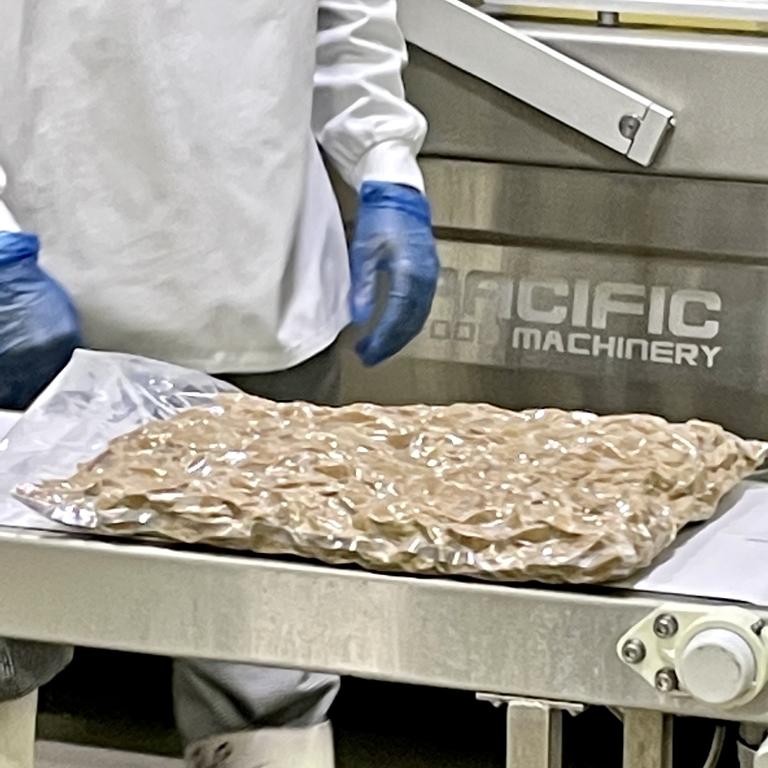
Mr Dunn said the company has faced “every challenge” in getting the texture right, but there are now 28 different MEET products to showcase it.
“The burger is probably the easiest one to transition to and test out, but the strips and the tenders and the bigger cuts of meat is where our technology shines. That’s what we’re really looking forward to getting Australian consumers to try.”
Chances are they will have to at least try it at some point, Mr Dunn is confident plant-based proteins are “the future of food”.
“Global demand in this space is going through the roof and there’s no signs of slowing down.”
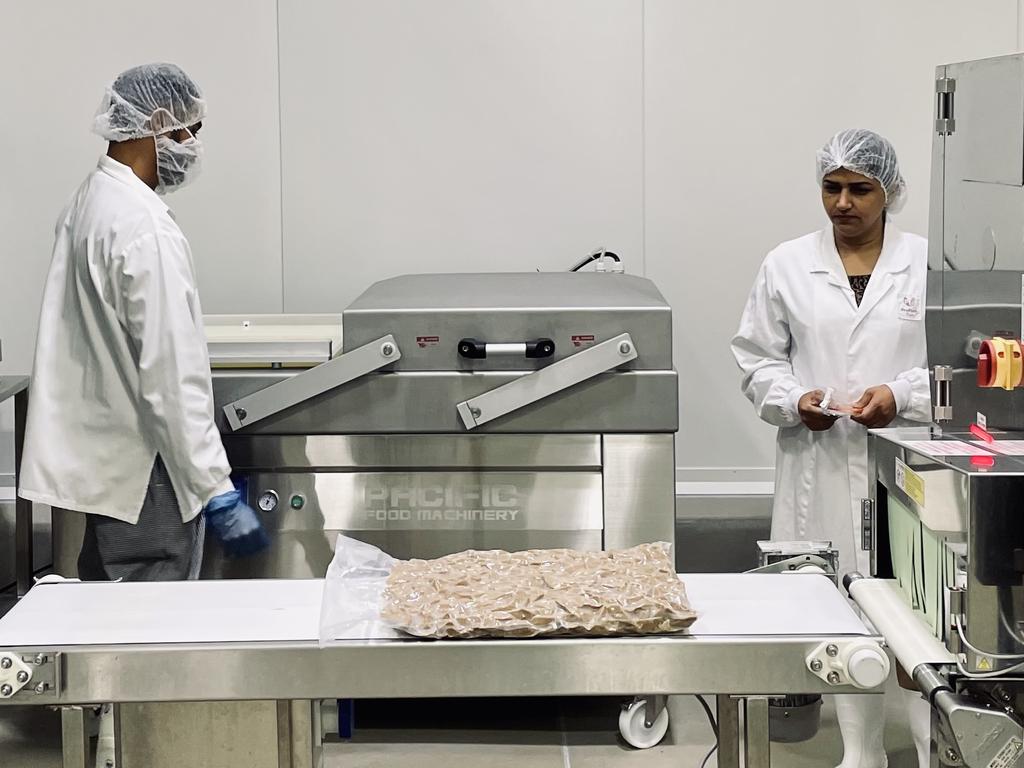
An ever-growing human population and a need to feed it in a sustainable fashion means it’s likely that growth will continue from demand, but there’s a difference between needs and wants.
Curtin University Professor Peter Batt told news.com.au the challenge for plant-based producers is “getting consumers to actually try the product”.
“The key drivers are there in terms of health and nutrition, consumers are being more conscious of red meat and processed red meat intake.”
He also said environmental concern and dietary sustainability were other key drivers.
Plant-based products were also more palatable than “laboratory based substitutes” like meat grown from stem cells.
“There’s always going to be some resistance to anything new,” Prof Batt said.
“Some of the blokes will sit back and say ‘I’m not eating it’, but if it’s promoted, there are also people who do try things because they are new.”



